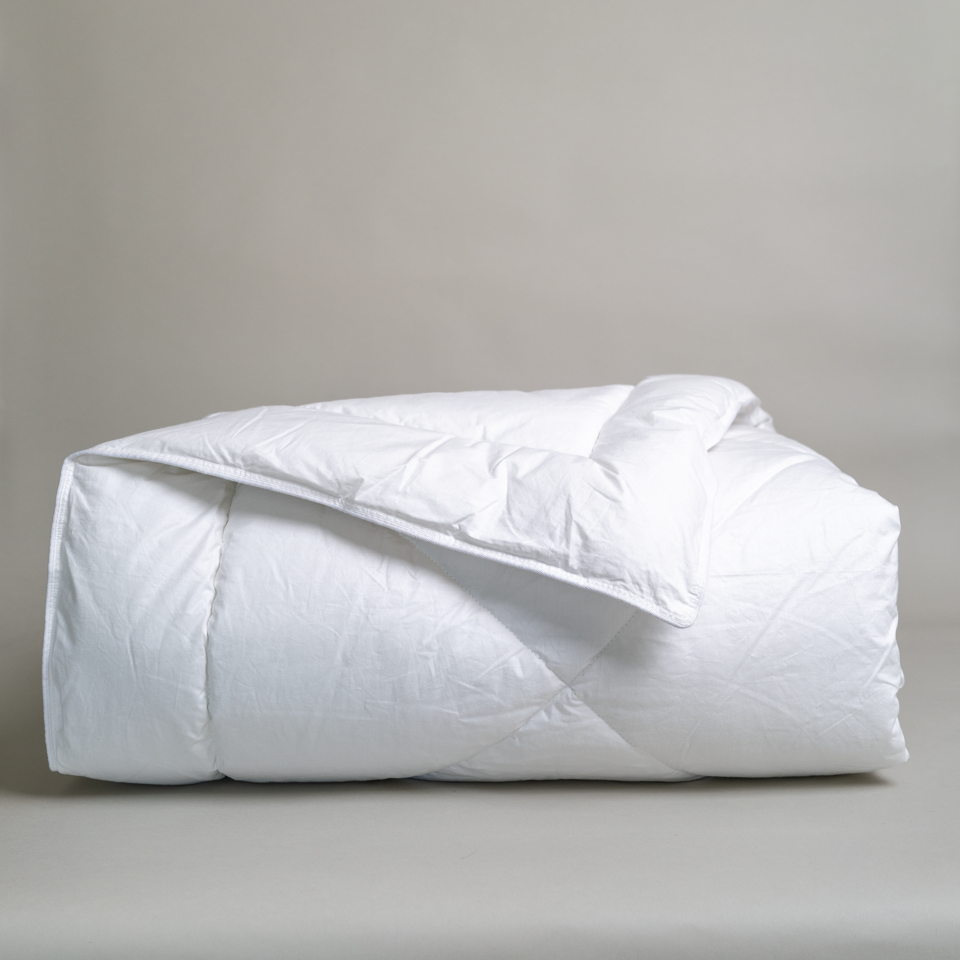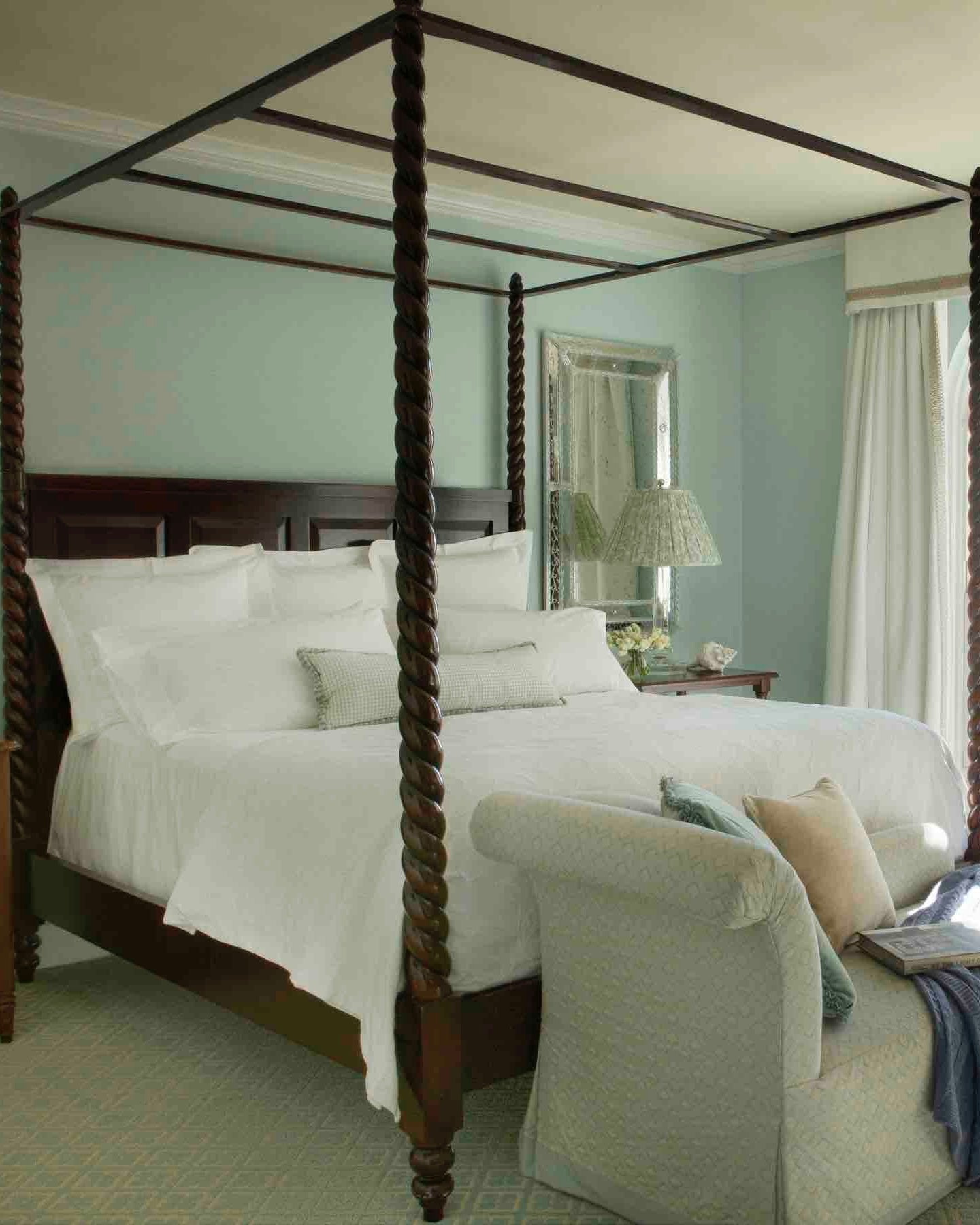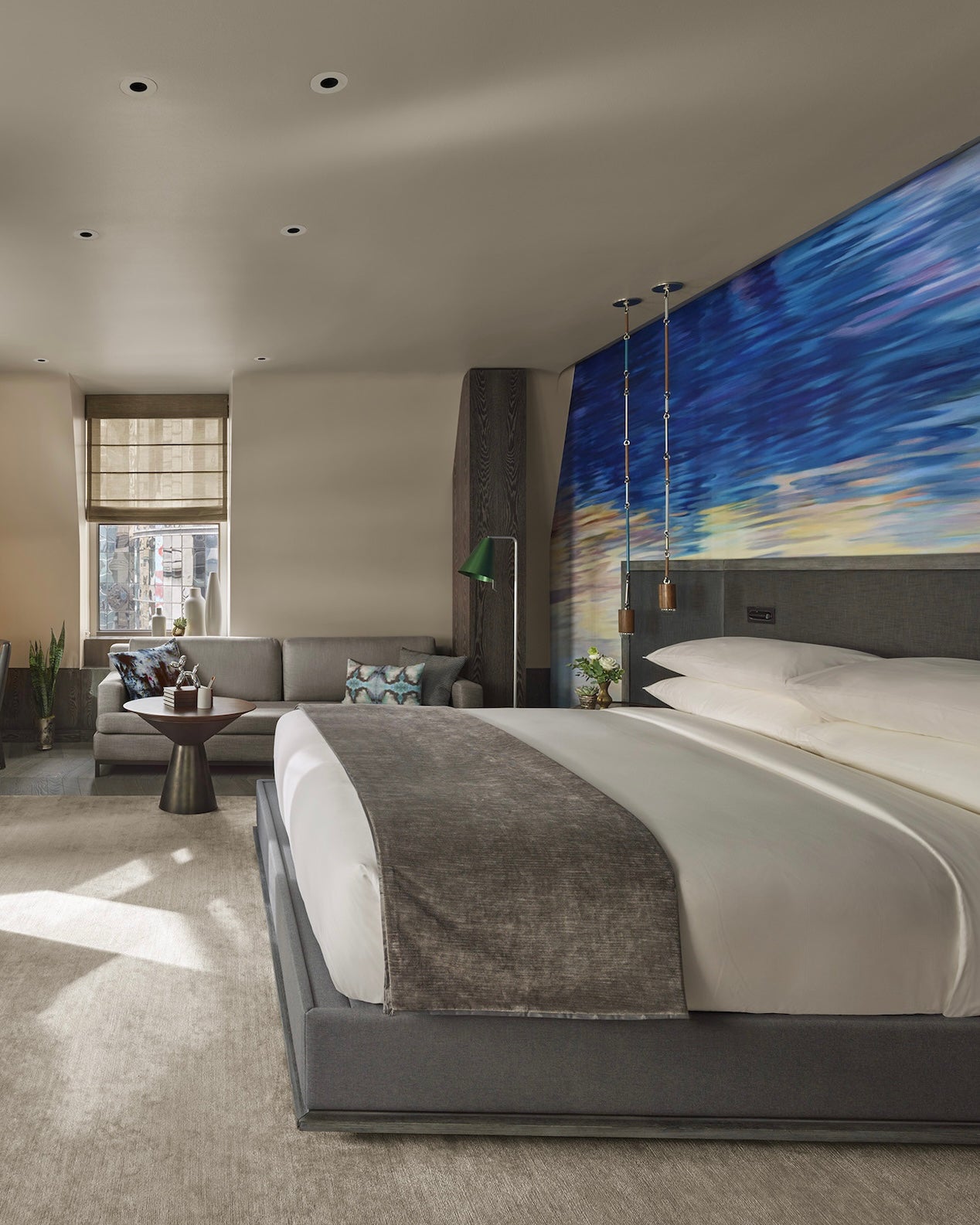“5-star” has become a catchphrase for the zenith of quality. Traditional hotel rating companies created the 5-star designation, and they continue to provide a resource for those looking for luxury stays. However, most hotel guests nowadays will also consider a property’s online reviews before booking.
How Does a Hotel Get a 5-Star Rating?
Although there is no single standard available for rating hotels in the United States, a 5-star from one of the traditional rating companies is a place to start when you’re looking for an upscale hotel with breathtaking architectural and interior design, rooms devised to provide memorably great sleep, exceptional service that anticipates your every need, unique amenities, gorgeous cocktails and mouth-watering dining options, and meaningful experiences.
Traditional Hotel Rating Systems Apply Guidelines
You may be familiar with the American Automobile Association’s (AAA) North American hotel rating system, which has, for more than 80 years, designated properties in North America with an award of diamonds based upon “unannounced, independent, in-person property inspections.” According to AAA, to become an “Approved” property, a hotel must meet “industry-leading standards.” Beyond that, Diamonds are awarded to reflect levels of luxury up to the ultimate Five Diamond label, which represents “[w]orld-class luxury, amenities and indulgence for a once-in-a-lifetime experience.”
AAA publishes a guide to its inspection process, which focuses on quality, cleanliness and condition, and hospitality. Five Diamond properties meet AAA’s definition of luxurious as “[characterized by opulence, sumptuousness, or rich abundance; extremely comfortable, elegant or enjoyable.” This includes exteriors with “grand architectural features,” guest rooms with “three accent features to bed linens” such as a duvet, multiple pillows, or embroidered pillowcases, and spacious bathrooms stocked with generously sized towels and fashionable bath products.
The Forbes Travel Guide (formerly the Mobil Travel Guide, the original Five-Star rating system begun in 1958) awards star ratings to hotels, restaurants, spas, and ocean cruises around the world. According to the Forbes Travel Guide website, hotels are rated based upon 900 objective criteria and inspectors spend a minimum of two nights at each hotel rated. Forbes’ ratings emphasize service and require “consistently good service and facilities” by a property for it to be “Recommended.” Only “exceptional properties” are awarded Four Stars, and only those few properties that “deliver an outstanding experience and consistently offer a highly customized level of service” are awarded Five Stars.
Forbes Travel Guide 2024 Star Awards reflect the trends of travelers who are “now seeking out more meaningful trips where they can embark on once-in-a-lifetime experiences, like a safari,” and “booking trips to smaller metropolitan areas, cities rich with culture, gastronomy and activities but without crowds.” Forbes’ Five-Star rated properties typically provide a “wow” experience with a staff “passionate about service.” That can mean everything from the staff knowing you by name when they greet you with a welcome drink to providing a 24-hour butler service to devising a unique sailing, swimming, or scuba outing so you can experience a local highlight. Of course, Forbes’ inspectors consider “whether a room is designed to promote sleep quality,” which is right in our wheelhouse.
This year, Michelin, the vaunted restaurant-rating guide, released a rating system for hotels around the world. Instead of the Stars awarded to restaurants, hotels are awarded Keys. As of September 12, 2024, the list of Key recipients includes 293 hotels in the United States: 16 Three Key hotels (“a very special stay”), 70 Two Key hotels (“an exceptional stay”), and 207 One Key hotels (“an extraordinary stay”). According to Michelin, the five criteria used for rating hotels include: “excellence in architecture and interior design, quality and consistency of service, overall personality and character, value for the price, and a significant contribution to the neighborhood or setting.” Like the other rating companies, Michelin considers providing guests with a great night’s sleep to be fundamental to a hotel providing a fabulous stay and achieving a superior ranking.
When looking for accommodations outside of the United States, things can become more complicated with each country having its own rating system. Some European countries have government-defined ratings systems. According to Travel + Leisure, “Rules about hotel ratings vary from country to country, making it difficult to know exactly what level of luxury you’re getting when you book.” They recommend sticking with “trusted hotel brands like Relais & Chateaux, Four Seasons, Belmond, and Rosewood,” which meet a consistent level of quality.
Online Hotel Reviews Offer Consumer Feedback
Like millions of others, you have probably used an online travel agency (OTA) to look at reviews of hotels you are considering, even if you don’t plan to book through the OTA. There are numerous OTAs, although many of them are owned by the same company. If you’re looking for a comparison, you can find one in a recent article in Forbes Advisor.
Each OTA uses a different system for collecting and providing reviews on their site. For example, Expedia utilizes a system that aggregates total reviews of a property to provide an average number out of 10. It then assigns a descriptive word such as “exceptional” to the number. According to Expedia’s terms of use, the results of a search and “relative order” of results returned depend on a variety of factors including how much Expedia is paid “when you book and stay at a property.” Once you go to the page for a specific hotel, you will see a star rating. It’s difficult to determine the system for these star ratings simply looking at the returned search page; however, a website search resulted in Expedia’s key to its “Star Ratings.” These don’t necessarily coordinate with any rating company’s award.
Tripadvisor similarly utilizes consumer reviews and provides the number of ratings and the average rating on a five-bubble scale with associated titles ranging from “Terrible” to “Excellent.” Finding details of its ratings system required a separate search. In an extensive document titled “The Power of Reviews,” Tripadvisor concluded from its survey that travelers’ preferred type of review is the “long-form review,” which it defines as containing “detailed, paragraph-length assessments of a place over 140 characters.” This is compared to the rating (star, number, bubble, or otherwise) and the snippet (comment or title).
Reading long reviews can require time and attention. Unlike the traditional ratings systems that involve professional inspectors utilizing a set of inspection guidelines, consumer ratings are personal and reflect individual experiences and preferences. That’s why choosing the right hotel for a once-in-a-lifetime experience is probably worth time invested in looking at both traditional rating agencies and OTA reviews. You may then want to compare what is offered through the OTA with what you can get if you book directly with the hotel you’ve selected. You’ll want to book direct if you’re part of a loyalty program.
down etc’s brand pillars focus on “quality and detailing” and “hygiene and maintenance” allowing us to support our hotel clients in achieving the highest rankings. We work with our hotel clients to provide their guests with pillow menus and to create bedding designed with the quality and detailing necessary to retain its beauty and comfort. It was luxury hotel guests who had experienced great sleep reaching out to us to purchase the bedding on which they’d slept that prompted us to create our retail website over ten years ago.
However you arrive at your choice of hotel, we hope you enjoy every moment of your 5-star stay.
-Team at down etc
Read more:
5 Ways to Create and Enjoy Hotel Hospitality at Home
5 Luxury Hotel Housekeeping Tips for Preparing Your Bedroom and Guestrooms for the Fall






